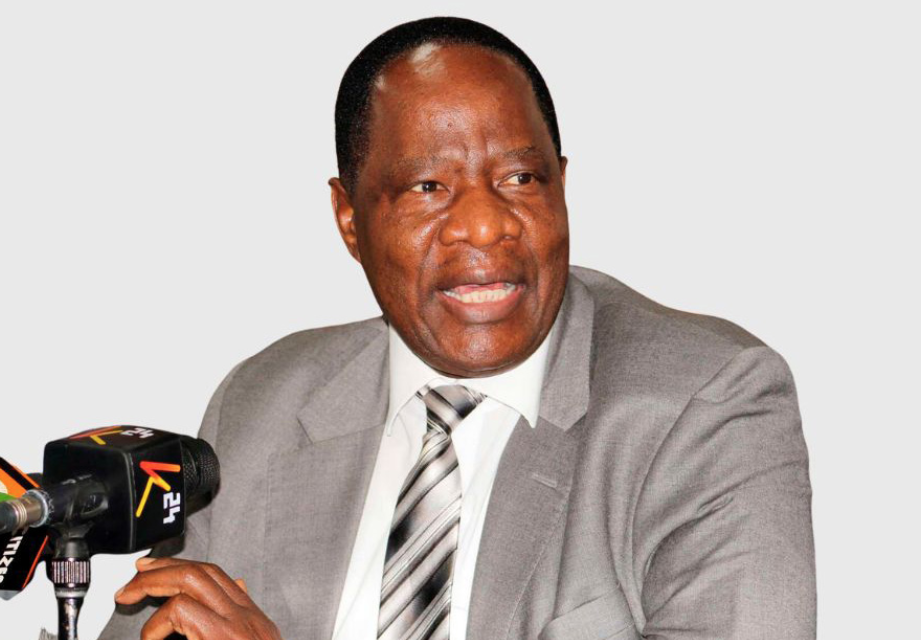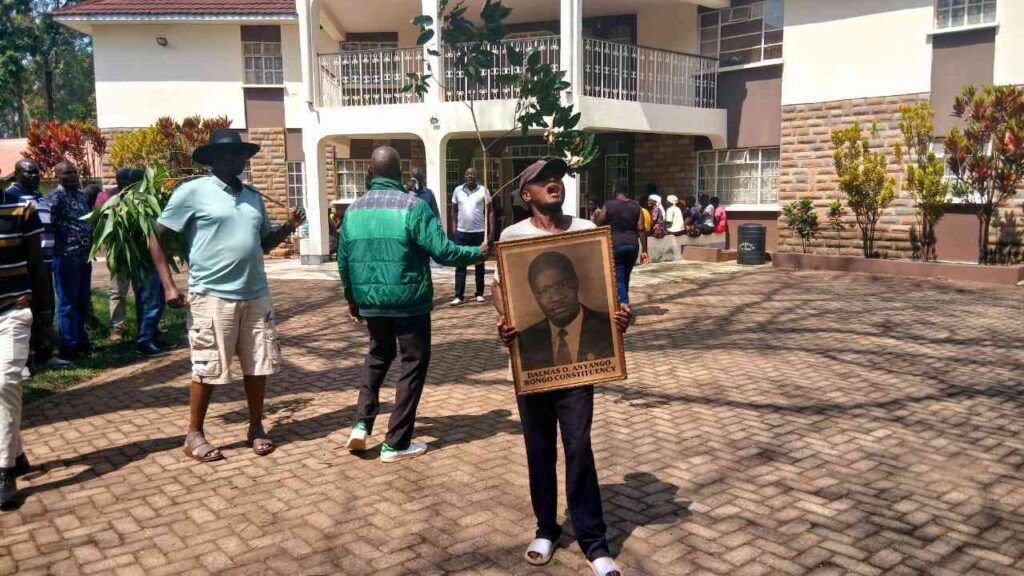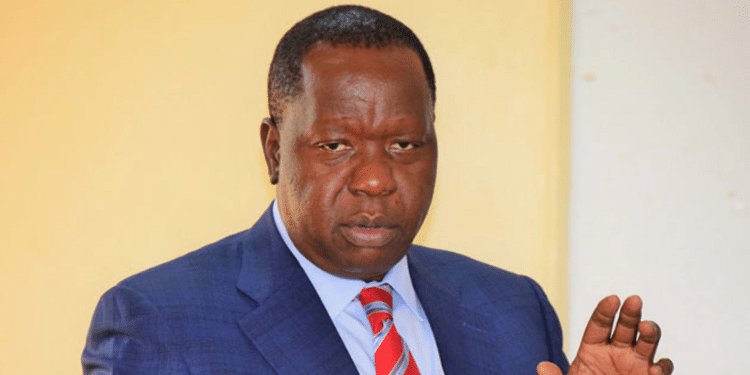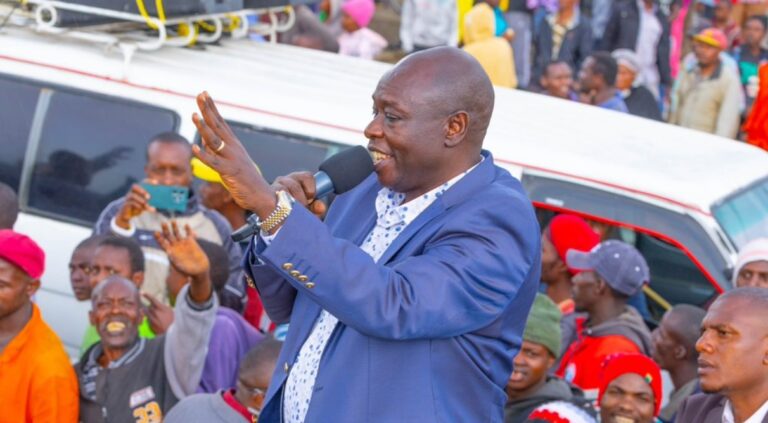
former Cabinet Minister and veteran politician Dalmas Otieno. Photo/X
By Newsflash Repoter
Kenya is mourning the death of former Cabinet Minister and veteran politician Dalmas Otieno, who passed away on Sunday, September 7, 2025, at the age of 80. Otieno, who served the nation for decades, died at his Kileleshwa home in Nairobi, with his son Eddie Otieno confirming the news.
The announcement drew an outpouring of tributes from across the political divide, with leaders hailing him as a statesman who combined intellect, discipline, and vision in his public service. His passing, many said, marks the end of an era in Kenyan politics.
Born on April 19, 1945, Otieno rose from humble beginnings to become one of the most respected figures in the country’s leadership circles. He was celebrated not only for his career in government but also for his enduring resilience through political defeats and personal tragedies.
Distinguished career in politics and public service
Dalmas Otieno’s political journey began in 1988 when he was elected Member of Parliament for Rongo Constituency on a KANU ticket. His meteoric rise saw him appointed by President Daniel arap Moi as Minister for Industrialisation between 1988 and 1991.

He later held the portfolios of Labour and Human Resource Development and Transport and Communications, demonstrating versatility and an ability to steer reforms in critical ministries.
Although he lost his parliamentary seat in 1997 and 2002 amid the decline of KANU, Otieno staged a comeback in 2007 on an ODM ticket. He was subsequently appointed Minister of State for Public Service, where he focused on strengthening public institutions and service delivery.
Read More: Jane Baiyu: The woman trailblazing real estate in Kenya

In 2013, he successfully defended his seat in Rongo but soon after founded the Kalausi movement, an attempt to provide an alternative to ODM’s dominance in Nyanza politics. His bold move challenged the long-standing grip of Raila Odinga in the region, though it cost him politically when he lost his parliamentary seat in the 2017 elections after running as an independent.
Away from the ballot, Otieno also contributed to Kenya’s financial and academic sectors. He was once Chairman of Kenya Commercial Bank and Treasurer of the Kenyatta University Council, roles that underscored his commitment to institutional development. His background as a graduate of Makerere University and Fellow of the Chartered Insurance Institute of London further bolstered his credentials as a technocrat-politician.
Personal resilience and family tragedy
Behind his public achievements lay a man of resilience tested by profound personal tragedy. In 2008, Otieno lost his son, Isaiah Otieno, in a horrific accident in Canada. Isaiah, then 23, was killed when a helicopter crashed on him while he was walking to a post office.
The tragedy shook the family and was widely mourned both in Kenya and abroad. Despite the loss, Otieno remained active in public life, showing the strength and determination that came to define his character.
Those close to him recall that while politics often tested his patience and loyalty, he remained a steady figure, respected for his calm demeanor, intellect, and dedication to service. His ability to navigate political storms while maintaining dignity earned him admiration even among opponents.
Read More: New IEBC Vice Chair Fahima Abdallah: A woman of firsts

Legacy of service and reform
In reflecting on Dalmas Otieno’s legacy, leaders highlighted his passion for reforms and his ability to rise above partisan politics. He was credited with pushing for efficiency in government institutions and advocating for accountability at a time when Kenya was undergoing profound political and economic transitions.
Though he never reached the pinnacle of national leadership that some expected, his role in shaping Kenya’s governance architecture and his efforts to nurture alternative political thought in Nyanza left a lasting mark.
Otieno’s life embodies the story of resilience — a man who served in high office, endured painful political losses, confronted personal tragedy, yet remained committed to public service and national progress until his final days.




